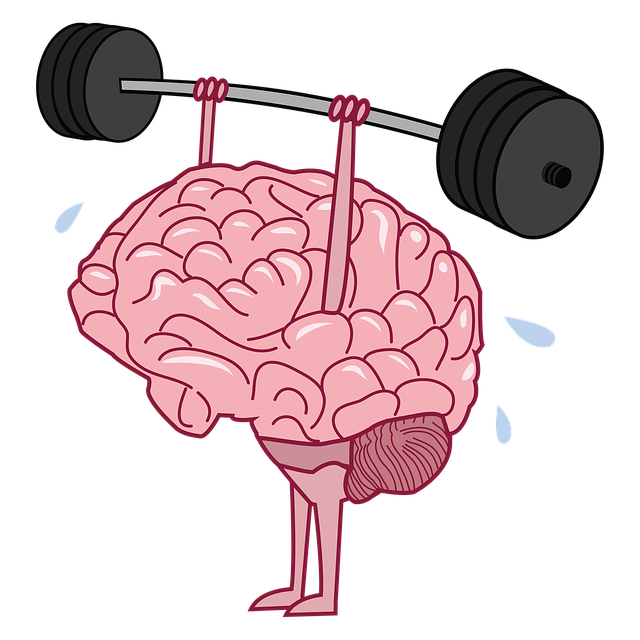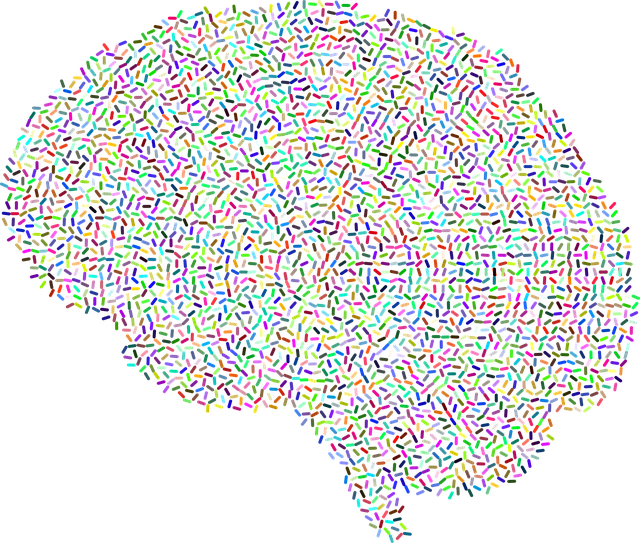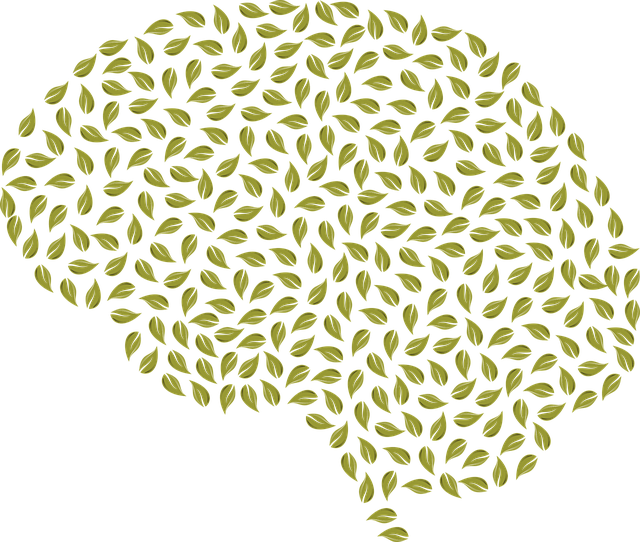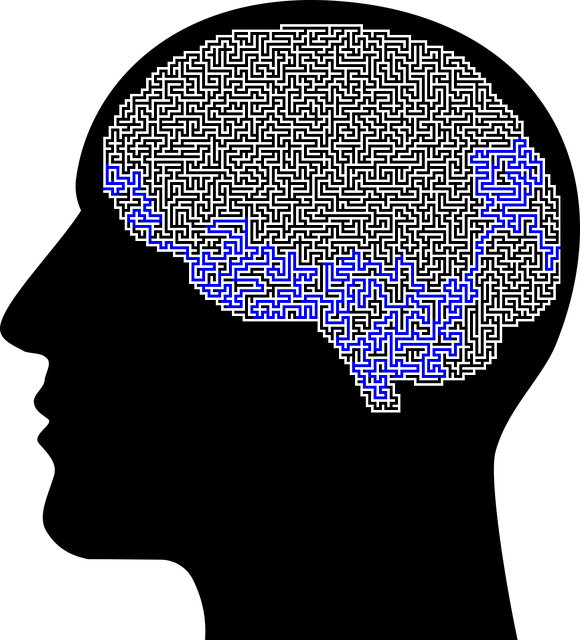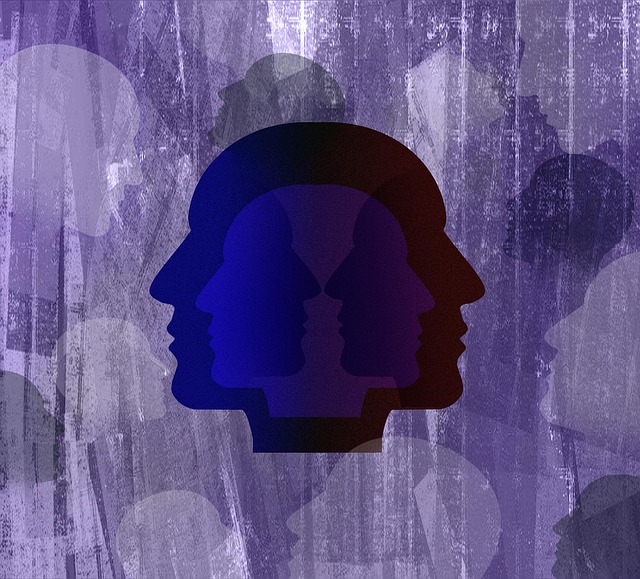In today's digital era, mental wellness apps like Arvada Depression Therapy are revolutionizing access to mental health support. These apps address barriers to traditional therapy by offering personalized, evidence-based sessions and self-care resources. Focused on mental health awareness and empathy building, these apps foster strong therapist-user connections for depression prevention and management. A successful Arvada Depression Therapy app should include tailored CBT plans, interactive mood tracking, gamified elements, peer support forums, crisis intervention guidance, and public education campaigns to reduce stigma. Engaging user experiences, data security, ethics, and regulatory compliance are crucial for effective and responsible mental wellness apps.
Mental wellness app development has emerged as a powerful tool in addressing growing concerns about mental health, particularly depression. As technology advances, digital solutions like Arvada Depression Therapy offer promising avenues for treatment and support. This article explores the importance of mental wellness apps, focusing on key features, user experiences, privacy considerations, and ethical guidelines. By examining successful apps such as Arvada Depression Therapy, we uncover innovative approaches to enhancing therapeutic outcomes in the digital age.
- Understanding Mental Health and Depression: Unveiling the Need for Digital Solutions
- Arvada Depression Therapy: A Promising App in the Mental Wellness Space
- Key Features and Functionality of a Depression Treatment App
- Designing User Experiences: Ensuring Engagement and Therapeutic Outcomes
- Privacy, Ethics, and Regulations: Navigating the Digital Mental Health Landscape
Understanding Mental Health and Depression: Unveiling the Need for Digital Solutions

Understanding mental health is paramount in today’s digital age, where technology plays a significant role in our daily lives. Mental wellness apps have emerged as powerful tools to address concerns like depression, offering accessible and personalized support. Depression, often misunderstood, is a complex condition affecting millions globally. It manifests differently for each individual, from persistent sadness to a lack of interest in activities once enjoyed, such as Arvada Depression Therapy might target specific symptoms unique to individuals seeking help in their community.
The need for digital solutions arises from the growing demand for convenient and discreet mental health services. Many people face barriers to accessing traditional therapy due to time constraints, geographical locations, or personal preferences. Mental wellness apps bridge this gap by providing resources for self-care, including journaling exercises and emotional intelligence guidance, empowering users to take control of their mental well-being. These tools offer a sense of companionship and support, encouraging individuals to actively engage in their healing journey.
Arvada Depression Therapy: A Promising App in the Mental Wellness Space

Arvada Depression Therapy is a promising app that has gained significant attention in the mental wellness space. It leverages advanced technology to provide personalized therapy sessions tailored to individual needs, making mental health support more accessible and affordable. The app incorporates innovative empathy building strategies to foster strong connections between users and their therapists, addressing a crucial aspect of depression prevention and management.
By prioritizing mental health awareness, Arvada offers a discreet and convenient platform for individuals seeking help. Through interactive features and evidence-based practices, the app not only aids in depression therapy but also equips users with coping mechanisms to navigate daily life. Its focus on user privacy and data security further enhances trust, encouraging open communication and honest self-reflection, key factors in achieving lasting mental wellness.
Key Features and Functionality of a Depression Treatment App

A Depression Treatment App designed for Arvada residents should offer a suite of key features to effectively tackle this common mental health challenge. Firstly, it should provide personalized therapy plans tailored to individual needs, incorporating evidence-based practices like Cognitive Behavioral Therapy (CBT). This could include interactive exercises, mood tracking tools, and guided meditations to help users manage symptoms.
The app can also enhance engagement through gamified elements, rewarding progress and encouraging consistent use. Social Skills Training modules, integrated with community forums, can foster connections between users, promoting peer support. Additionally, crisis intervention guidance should be readily accessible, offering immediate assistance during severe episodes via in-app chat or call functions, linking individuals to local resources and emergency services. Public Awareness Campaigns Development within the app can educate users on depression, reducing stigma and encouraging early intervention.
Designing User Experiences: Ensuring Engagement and Therapeutic Outcomes

Designing engaging user experiences is paramount when developing a mental wellness app, as it directly impacts therapeutic outcomes. Effective apps incorporate interactive features that foster self-awareness exercises, encouraging users to actively participate in their journey towards mental well-being. For instance, incorporating daily mood tracking, guided meditation sessions, and personalized goals can enhance user engagement while promoting Arvada Depression Therapy techniques.
By integrating burnout prevention strategies and Mind Over Matter principles, these apps cater to a broader spectrum of mental health needs. Well-designed interfaces should simplify access to resources, ensuring users find value in the app’s offerings. Regular updates with new content keep users invested, making the app a dynamic tool for managing stress, anxiety, or depression—a valuable asset for anyone seeking Arvada Depression Therapy solutions.
Privacy, Ethics, and Regulations: Navigating the Digital Mental Health Landscape

In the digital age, the development of mental wellness apps presents a unique opportunity to reach and support individuals seeking Arvada Depression Therapy and other mental health services. However, this landscape is complex, requiring careful consideration of privacy, ethics, and regulations. As users share intimate details about their emotional well-being, ensuring data security and confidentiality is paramount. App developers must adhere to strict guidelines, such as HIPAA in the US, which safeguard sensitive information.
Moreover, ethical considerations are at the core of responsible app design. This includes transparent data collection practices, informed consent, and ensuring user autonomy in managing their mental health journey. Developers should promote self-care practices aligned with Mind Over Matter Principles while avoiding potential harm or exploitation. For instance, a well-designed app might offer educational resources, track progress, and facilitate connections to Community Outreach Program Implementations, fostering a supportive environment for users’ holistic mental wellness.
The development of mental wellness apps, such as Arvada Depression Therapy, is a promising step forward in addressing the global mental health crisis. By leveraging digital solutions, these applications offer accessible and personalized therapy options to those seeking support. Through understanding the unique needs of users and designing engaging user experiences, developers can create effective tools that improve therapeutic outcomes. As the digital mental health landscape evolves, it’s crucial to prioritize privacy, ethics, and regulatory compliance to ensure the safety and trust of users. With continued innovation and research, mental wellness apps have the potential to revolutionize access to care, making therapy more inclusive and accessible for all.

